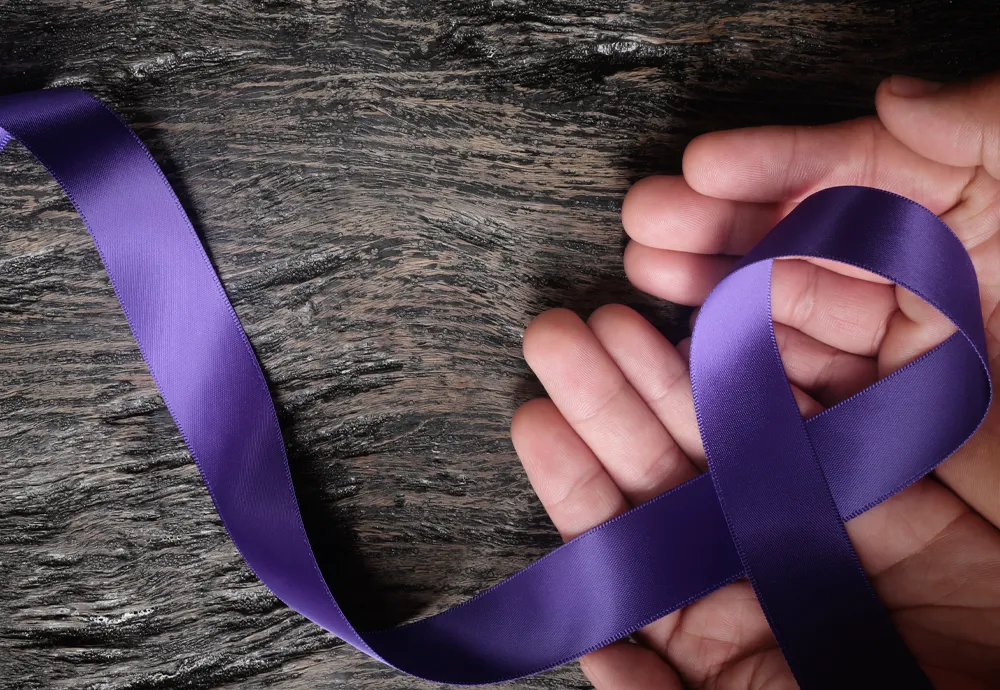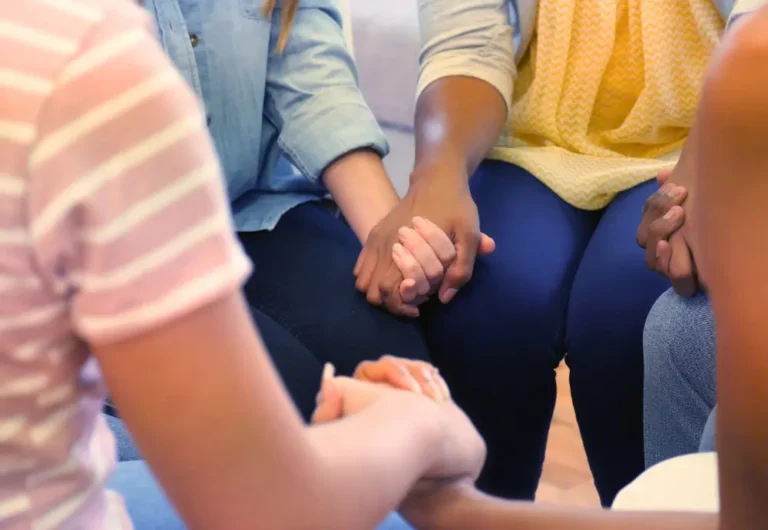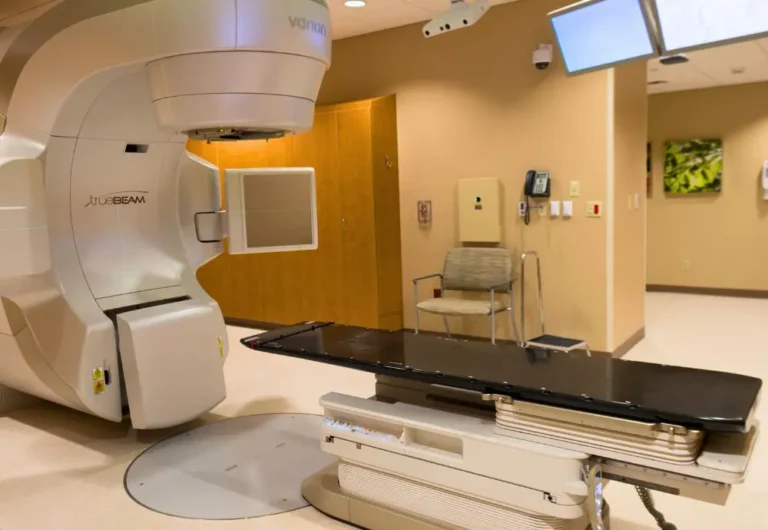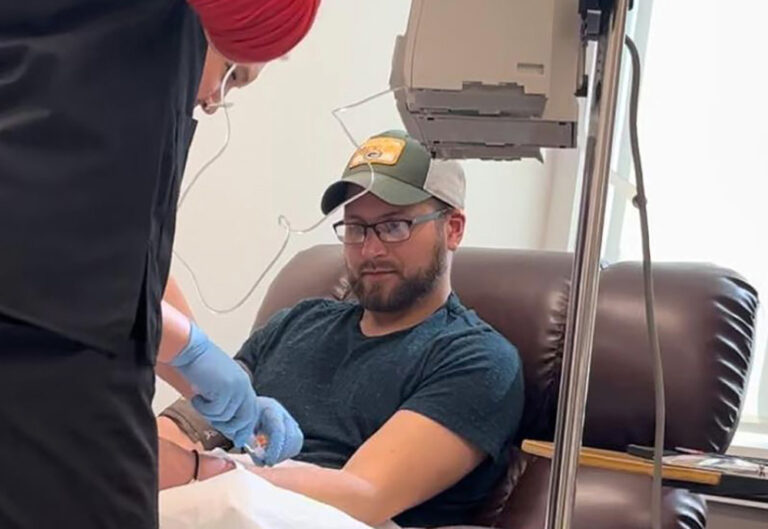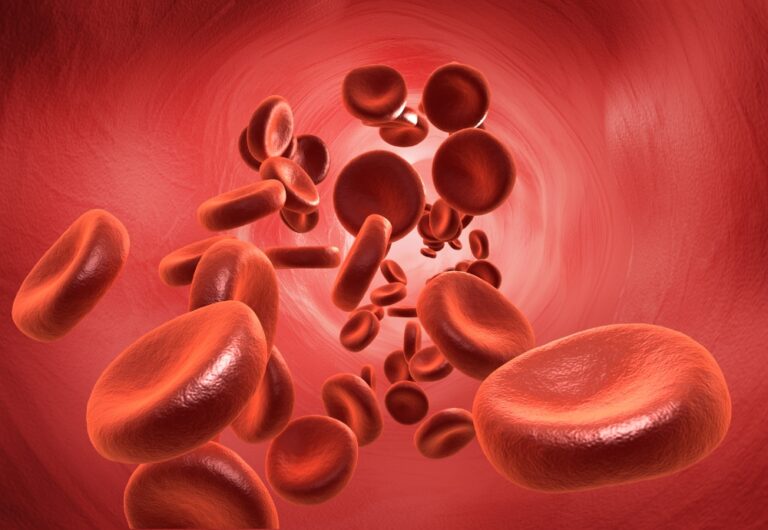Being diagnosed with cancer is a life-altering event.
To survive through the process, one usually relies upon others for help. This article is written for those individuals who are the “helpers” or the caregivers. The people who help can be a spouse, sibling, parent, child, neighbor or friend; a person who will be there for the cancer patient to lean on. It is very important not to overdo it when you are the caregiver as it can lead to burnout.
What are the common signs of burnout?
- Changes in emotion – feeling angry or upset, feeling overwhelmed, crying easily. Although all these emotions may be appropriate at certain times, having extreme amounts of these feelings which are interfering with the ability to make decisions or to help may be a sign of burnout.
- Changes in sleep pattern – sleeping too often, too little or experiencing interrupted sleep can often be a signal of developing burnout.
- Changes in appetite – eating too much or too little, eating lots of “junk” food. Eating poorly can lead to changes in weight and poor energy.
- Withdrawing from friends, family and social events – caregivers experiencing burnout may withdraw from others because they feel tired, guilty, or anxious about not being available all the time.
- Exhaustion – feeling extreme fatigue, inability to accomplish the basic activities of daily living; washing, bathing, dressing, brushing your teeth; is a danger signal of an approaching burnout crisis.
How can you prevent burnout? There are several ways to avoid cancer caregiver burnout, allowing you to continue offering help and support to your loved one during their cancer journey:
- Take care of yourself – you cannot give of yourself unless you make sure that you have what you need to survive. You need to keep up with your daily activities; exercising, keeping up with your own doctor appointments.
- Take breaks – you will need time off, time to relax, time to rejuvenate. Regularly schedule trusted friends, family or home health aides to relieve you of caregiving duties for a period of time each day, when possible. Many caregivers feel guilty about leaving the bedside, but this is also good for the patient. Seeing a new face and knowing the primary caregiver is getting relief can uplift morale and the patient may feel like less of a burden if the caregiving is shared.
- Delegate tasks to family and friends – you will be surprised at how many family members and friends will pitch in if you ask. Things like cooking meals, running errands, and cleaning the house can be delegated to family and friends. Having others pitch in and lighten your load can help keep you balanced and give you more time and opportunity to provide care for your loved one
- Educate yourself about the disease – the more you know, the better you’ll know what to expect and be able to be prepare for what the future offers. Ask the doctors and nurses about your loved one’s condition and what you as a caregiver need to know. There are many helpful websites such as the American Cancer Society site (www.cancer.org) and our own website. There are no silly questions that you should be worried about asking. If you are unsure about anything, please ask.
- Get organized – many caregivers also are responsible for managing medical records, insurance claims, and finances, not to mention medication and eating schedules. The key to success here is organization. Keep medical records neat and accessible by storing them in a large file, organized by date. Medicine schedules can be created on a spreadsheet, and then printed out daily or weekly. As each dose is given, it can then be checked off. The same can be done with eating schedules. Ask your provider for other suggestions, if desired.
Being a caregiver can be very rewarding. By watching out for burnout, you can continue to provide the care and love needed throughout the cancer journey. If you do feel so burned out that you may harm yourself or another, call 911 or go to the closest emergency room. You can also call the Crisis Center at (920)436-8888. Please remember that life is a journey, not a destination. We are here to help you and your loved one through this life experience.


